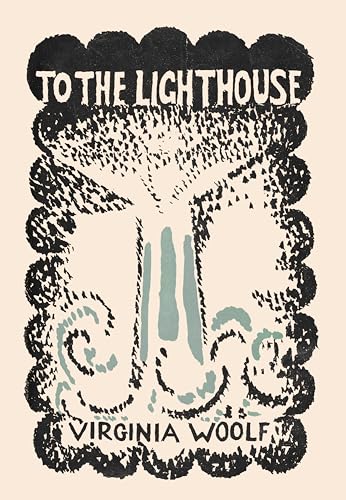'Clear, bright, burnished ... the moods that it expresses are a true kind of poetry' The New York Times Tracing the lives of a group of friends, The Waves follows their development from childhood to middle age. While social events, individual achievements and disappointments form its narrative, the novel is most remarkable for the rich poetic language that expresses the inner life of its characters: their aspirations, their triumphs and regrets, their awareness of unity and isolation, and their questioning of the meaning of life itself. Perhaps more than any of Woolf's novels, The Waves conveys the endless complexities of human experience. Edited with an Introduction and Notes by Kate Flint
Virginia Woolf
Virginia Woolf was a prominent English writer and modernist literary figure. Known for her stream-of-consciousness writing style, she challenged traditional narrative structures and explored themes of gender, class, and mental health in her works. Some of her most notable works include "Mrs. Dalloway," "To the Lighthouse," and "Orlando." Woolf's contributions to literature include her innovative approach to character development and narrative technique, as well as her exploration of the inner lives of her characters. Her most famous work, "Mrs. Dalloway," is considered a masterpiece of modernist literature and a reflection of Woolf's unique literary voice. Woolf's impact on the literary genre is undeniable, as she paved the way for future generations of writers to experiment with form and style in their own works.








